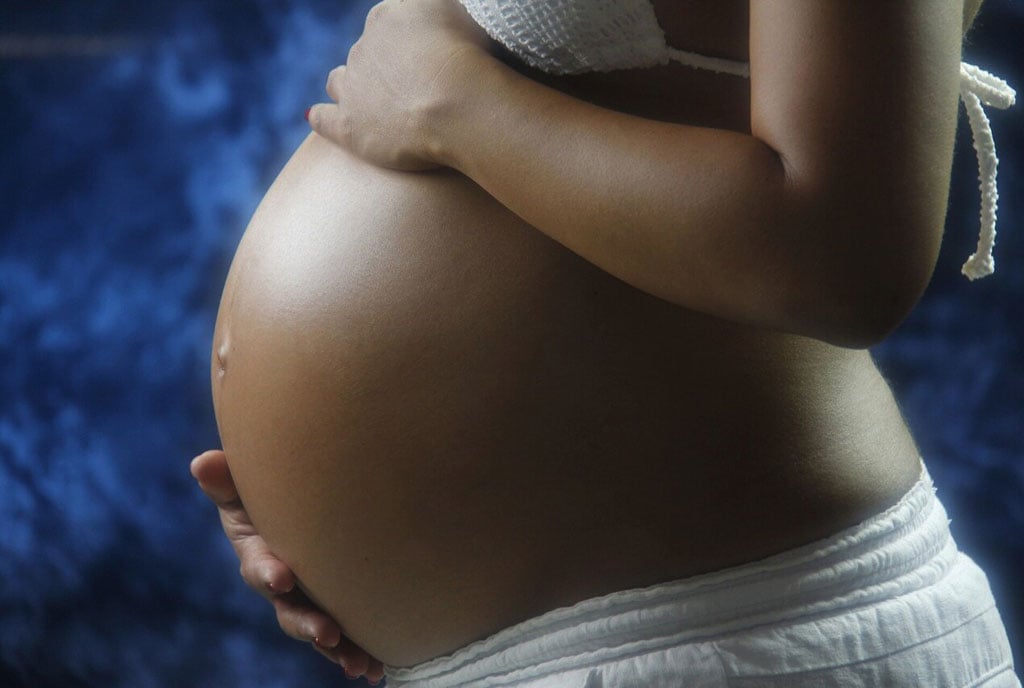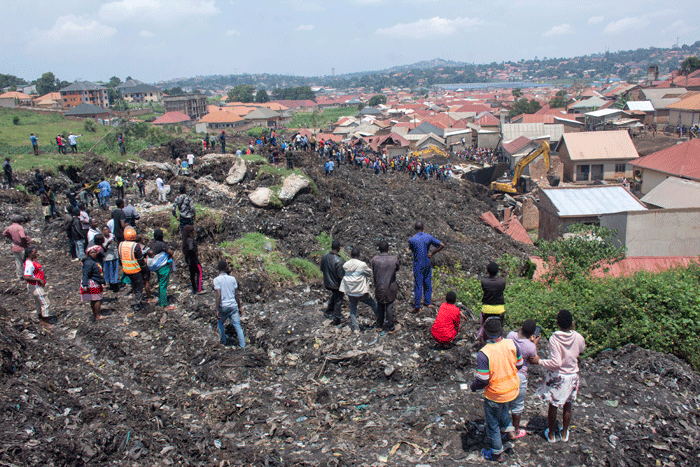Busoga tops fistula cases, medics say

Some of the fistula patients that underwent surgery during a free five-day medical camp at Jinja Regional Referral Hospital which ended on July 20, 2024. PHOTO/DENIS EDEMA
What you need to know:
- Six free fistula surgery camps will be conducted at the facility in September and November, while three other camps will be conducted in Namayingo District in 2025.
Cases of obstetric fistula among mothers in Busoga Sub-region are “very high,” according to health professionals at Jinja Regional Referral Hospital.
Dr Angela Namala, an obstetrician-gynecologist at the facility, said cases of fistula in Busoga Sub-region currently stand at 2.8 percent compared to the overall percentage in the country which she put at 2 percent.
An obstetrician-gynecologist is a doctor who specialises in female health before, during, and after child-bearing years, while on the other hand, obstetric fistula is an abnormal connection between the rectum and female genitals.
“It is unfortunate that Busoga Sub-region is on top with 2.8 percent, which is very high compared to 2 percent overall in the country. It is not a friendly condition among mothers with it, but it is treatable if such mothers come out of the isolation,” Dr Namala said on Saturday.
Her assessment came as 40 of the 89 fistula patients who were screened from Busoga Sub-region underwent a free five-day surgery camp at Jinja Regional Referral Hospital, which was conducted in partnership with United Nations Postal Administration (UNPA) and the Embassy of Iceland.
According to Dr Namala, mothers with a fistula are not given good care, love and support, with many of them reportedly being rejected by their family members and partners after realising that they have such a problem.
The Deputy Director Jinja Regional Referral Hospital, Dr Afizi Kibuuka, said six free fistula surgery camps will be conducted at the facility in September and November, while three other camps will be conducted in Namayingo District in 2025.
“There is a need for information and sensitisation about fistula which is lacking among the communities to an extent that it is attached to many myths yet it can be corrected,” Dr Kibuuka said.
Dr Joseph Woira, a consultant and the head of the department of gynecology at Jinja Regional Referral Hospital, said fistula is caused by early pregnancies, preference for Traditional Birth Attendants (TBAs), lack of transport to health centres due to poverty, and lack of information on family planning, among others.
“It is interesting that some of the fistula patients get the problem when they are ten or 12 years old, at a time when the body system does not support the reproduction of a baby.
“Also, the usage of family planning methods are very low in Busoga. We still receive mothers in the facilities giving birth to their tenth and 12th child, which is not very common nowadays,” Dr Woira.




